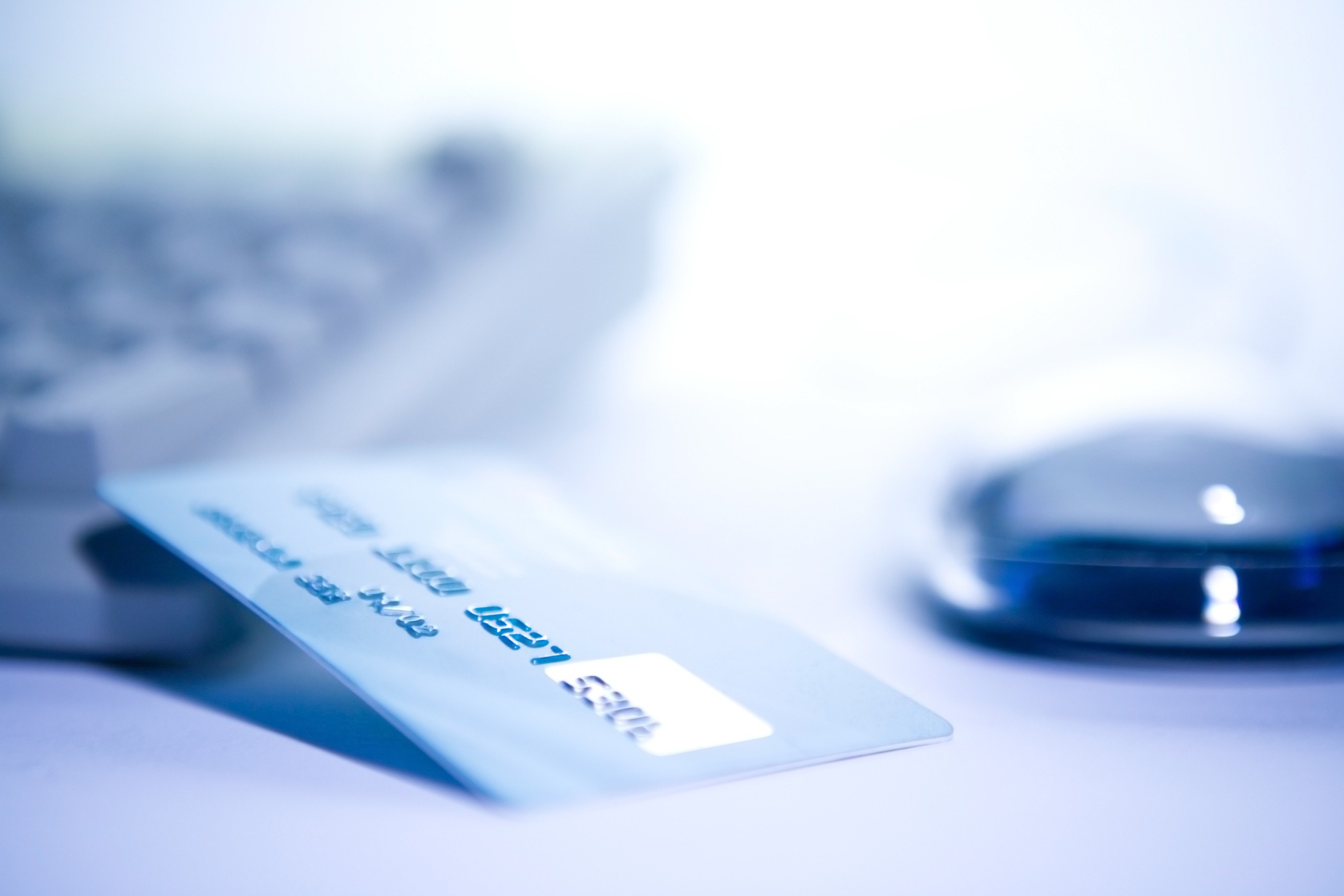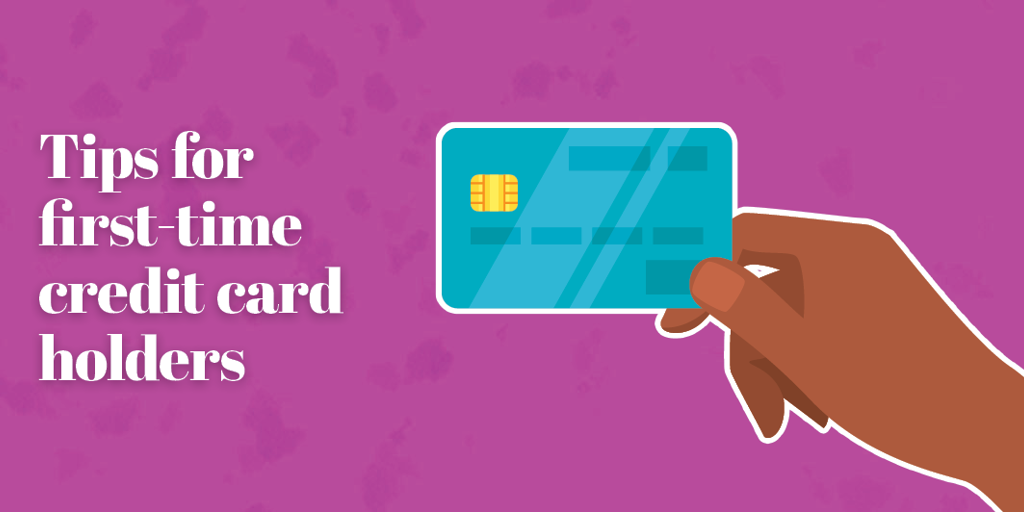Applying for your first credit card in the UK can be both exciting and daunting. Whether you're a student, young professional, or someone looking to build credit, understanding the ins and outs of credit cards is crucial. This guide will help you navigate the process, ensuring you make informed decisions about your financial future.
As a first-time credit card user in the UK, it's important to approach this financial tool with caution and knowledge. Credit cards can be powerful tools for building credit, earning rewards, and managing expenses, but they can also lead to debt if not used responsibly. This article aims to provide you with all the essential information you need to get started.
In this guide, we'll cover everything from selecting the right credit card to understanding credit scores, managing payments, and avoiding common pitfalls. By the end of this article, you'll feel confident in your ability to make the most out of your first credit card experience.
Read also:Muhammadu Buhari Education A Comprehensive Insight Into His Academic Journey
Table of Contents
- Introduction to First Time Credit Card UK
- Choosing the Right Credit Card for Beginners
- Understanding Credit Scores and Their Importance
- The Application Process for First-Time Cardholders
- Managing Your Credit Card Responsibly
- Common Pitfalls to Avoid with Your First Credit Card
- Rewards and Benefits of First-Time Credit Cards
- Securing Your Credit Card Against Fraud
- Frequently Asked Questions About First Time Credit Cards UK
- Conclusion and Next Steps
Introduction to First Time Credit Card UK
Why a Credit Card is Important
For many people in the UK, a credit card represents more than just a payment method; it's a stepping stone to financial independence. Credit cards offer flexibility, convenience, and the opportunity to build credit history, which is essential for future financial transactions such as securing loans or mortgages.
As a first-time user, it's important to recognize that credit cards come with responsibilities. They are not just a way to spend money you don't have but a tool to manage finances effectively. Understanding the terms and conditions of your credit card is key to using it wisely.
Who Should Apply for a First Time Credit Card?
Anyone looking to build credit history, whether you're a student, young professional, or someone new to the UK financial system, can benefit from a first-time credit card. It's especially useful for those who want to establish financial credibility and access better financial products in the future.
However, it's crucial to assess your financial situation before applying. Ensure you can manage monthly payments and understand the interest rates and fees associated with the card. This will help you avoid unnecessary debt and maintain a healthy credit score.
Choosing the Right Credit Card for Beginners
Selecting the right credit card is a critical step for first-time users. The market offers a wide range of options, each tailored to different needs and financial situations. Here are some factors to consider when choosing your first credit card:
- Low Credit Limit Cards: Ideal for beginners, these cards come with lower spending limits to help you manage expenses responsibly.
- Student Credit Cards: Designed specifically for students, these cards often offer perks such as cashback and lower interest rates.
- No Annual Fee Cards: Many cards aimed at first-time users do not charge an annual fee, making them more accessible.
- Interest-Free Periods: Some cards offer an introductory interest-free period, allowing you to pay off your balance without accruing interest.
How to Compare Credit Cards
When comparing credit cards, look at the following factors:
Read also:Free Remote Iot Platform With Ssh Key On Raspberry Pi
- Annual Percentage Rate (APR)
- Annual fees
- Rewards and cashback offers
- Customer service and support
By thoroughly researching these aspects, you can find a card that aligns with your financial goals and lifestyle.
Understanding Credit Scores and Their Importance
What is a Credit Score?
A credit score is a numerical representation of your creditworthiness, based on your credit history. In the UK, credit scores are calculated by credit reference agencies such as Experian, Equifax, and TransUnion. A higher credit score indicates better financial health and can lead to more favorable loan terms and credit card offers.
How Credit Cards Impact Your Credit Score
Using a credit card responsibly can significantly improve your credit score. Regular, timely payments and maintaining a low credit utilization ratio (the ratio of your credit card balance to your credit limit) are key factors that positively influence your score.
Conversely, late payments, high credit utilization, and excessive credit applications can harm your credit score. Therefore, it's crucial to use your credit card wisely to build a strong credit history.
The Application Process for First-Time Cardholders
Applying for your first credit card involves several steps. Here's a breakdown of the process:
1. Research and Compare Cards
As discussed earlier, it's important to research and compare different credit card options to find the one that best suits your needs.
2. Check Your Eligibility
Before applying, ensure you meet the eligibility criteria. Most credit card issuers require applicants to be over 18 years old, have a steady income, and a good credit history.
3. Complete the Application
Applications can be completed online or in person. Provide all necessary information, including your personal details, income, and employment status. Be honest and accurate to avoid any issues during the approval process.
4. Await Approval
Once your application is submitted, the issuer will review your credit history and financial information. If approved, you'll receive your credit card in the mail, along with details about your credit limit and terms.
Managing Your Credit Card Responsibly
Once you have your first credit card, managing it responsibly is crucial. Here are some tips to help you use your card effectively:
- Set up automatic payments to ensure you never miss a payment.
- Keep track of your spending to avoid overspending and high balances.
- Pay more than the minimum payment whenever possible to reduce interest charges.
- Review your statements regularly to check for errors or fraudulent activity.
Building Good Credit Habits
Developing good credit habits from the start will benefit you in the long run. Always pay your bills on time, keep your credit utilization low, and avoid opening too many credit accounts at once.
Common Pitfalls to Avoid with Your First Credit Card
Spending Beyond Your Means
One of the most common mistakes new credit card users make is spending more than they can afford to repay. Remember, credit cards are not free money. Always ensure you can pay off your balance in full each month to avoid interest charges.
Ignoring Payment Deadlines
Missing payment deadlines can lead to late fees and damage your credit score. Set reminders or use automatic payments to ensure you never miss a payment.
Maxing Out Your Credit Limit
Using your entire credit limit can harm your credit score and make it difficult to pay off your balance. Aim to keep your credit utilization below 30% for optimal credit health.
Rewards and Benefits of First-Time Credit Cards
Many first-time credit cards offer rewards and benefits to attract new users. These can include:
- Cashback: Earn a percentage of your spending back as cash.
- Air Miles: Collect points that can be redeemed for flights or travel vouchers.
- Exclusive Discounts: Access to special offers and discounts at partner stores.
Maximizing Your Rewards
To make the most of your rewards, use your card for regular expenses such as groceries and utility bills. However, always ensure you can pay off the balance in full each month to avoid interest charges.
Securing Your Credit Card Against Fraud
Protecting your credit card from fraud is essential. Here are some tips to keep your card secure:
- Never share your card details with anyone.
- Use secure websites and avoid making transactions on public Wi-Fi.
- Regularly monitor your account for any suspicious activity.
Reporting Fraudulent Activity
If you notice any unauthorized transactions, report them to your card issuer immediately. Most issuers have fraud protection policies that can help you recover lost funds.
Frequently Asked Questions About First Time Credit Cards UK
1. Can I Apply for a Credit Card with No Credit History?
Yes, there are credit cards specifically designed for people with no credit history. These cards often come with lower credit limits and higher interest rates but can help you build credit over time.
2. How Long Does It Take to Get Approved for a Credit Card?
The approval process can take anywhere from a few minutes to several days, depending on the issuer and the complexity of your application.
3. What Happens If I Miss a Payment?
Missing a payment can result in late fees and damage to your credit score. It's important to set up reminders or automatic payments to avoid this.
Conclusion and Next Steps
Applying for your first credit card in the UK is an important step in your financial journey. By choosing the right card, managing it responsibly, and avoiding common pitfalls, you can build a strong credit history and access better financial products in the future.
We encourage you to take action by researching and comparing credit card options, ensuring you find the one that best suits your needs. Share your thoughts and experiences in the comments below, and don't forget to explore other articles on our site for more financial tips and advice.
Remember, financial literacy is key to a secure future. Start building your credit today with your first credit card in the UK!


